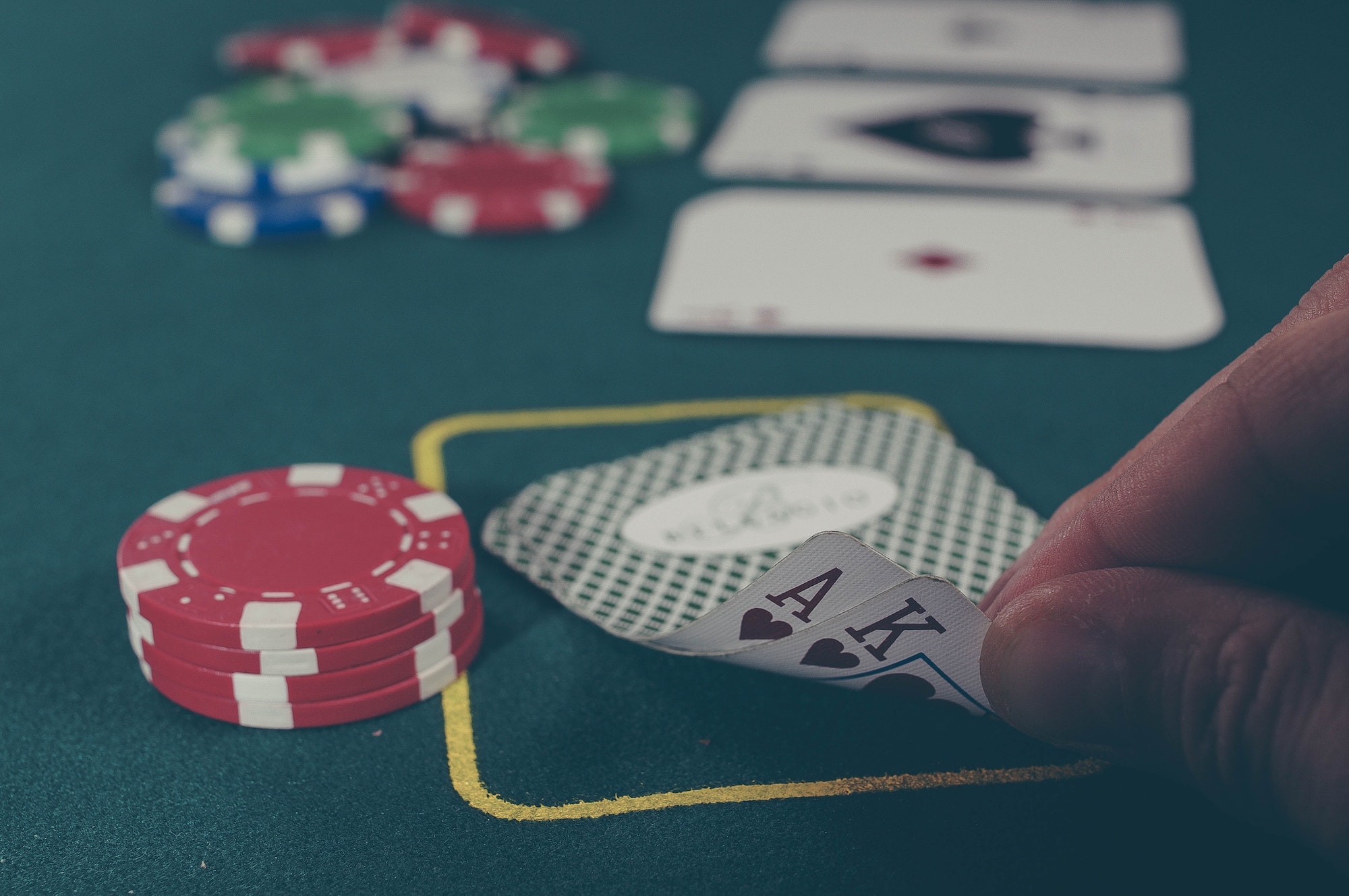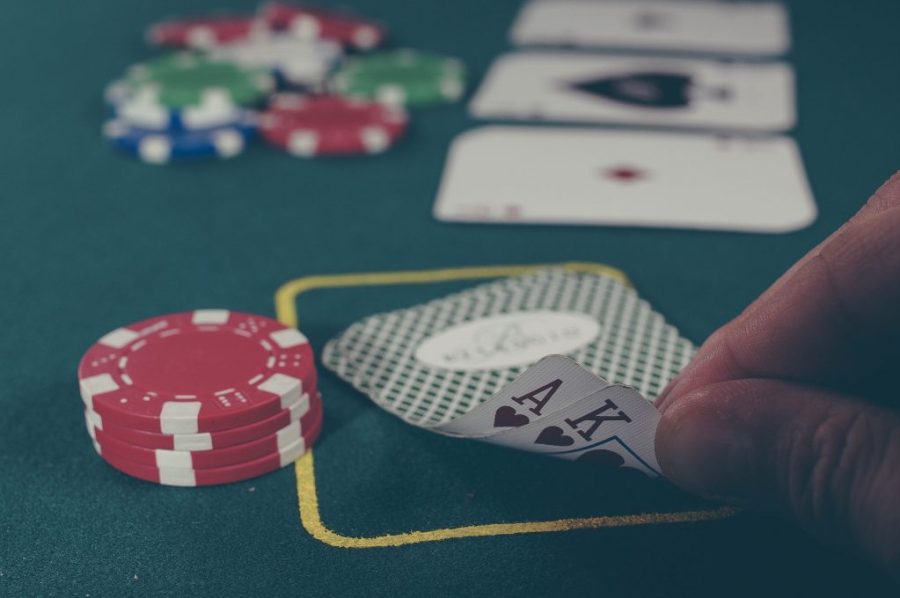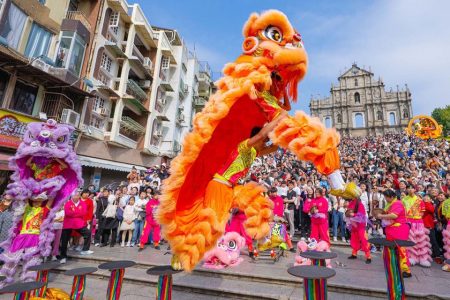Lawmaker Andrew Chan Chak Mo, who chairs the Legislative Assembly’s 2nd Standing Committee, stated yesterday that no subsidiary company of the city’s future gaming concessionaires will be allowed to operate a casino even if it is its sole owner.
He added that the Secretariat for Economy and Finance would be able to take the initiative to cut the number of approved gaming tables and slot machines if they fail to generate minimum receipts.
Speaking after the committee’s closed-door meeting reviewing the government’s gaming industry amendment bill, Chan cited government data that the average annual gross revenue per gaming table stands at about MOP 30 million.
The two-hour meeting was attended by Secretary for Economy and Finance Lei Wai Nong and other government officials, including seven lawmakers who are not members of the 2nd Standing Committee but are entitled to attend its meetings without taking an active part in them.
The bill proposes that all casinos must be situated in real estate owned by the concessionaires and must be operated by the respective concessionaire, and that the gaming operators’ satellite casinos housed in buildings that they don’t own, will be given a transition period of up to three years to regularise their situation.
Chan quoted the government officials as saying that the transition period aims to minimise any possible impact on the gaming sector.
Chan quoted the officials as saying that Macao’s overall number of gaming tables and slot machines will be published in the Official Gazette, while the number of the gaming tables and slot machines in each casino will be specifically approved by the Secretariat for Economy and Finance, depending on the overall local economic situation, the government’s policy on the development of the gaming industry, the concessionaire’s total investment and non-gaming facilities, as well as the utilisation of existing gaming tables and slot machines.
The bill also proposes that the Secretariat for Economy and Finance might take the initiative to reduce the number of approved gaming tables and slot machines if they fail to reach the officially stipulated minimum annual receipts for two consecutive years, or the approved gaming tables and slot machines are found to be “not fully utilised”.
Chan said that the minimum annual receipts per gaming table and slot machine will be determined by the government later.
Chan quoted the officials as saying that as the largest stakeholder of the local gaming industry, the government collects up to 40 per cent of the annual gross revenue of all the city’s gaming tables, so it would not “randomly” reduce the number of gaming tables.
According to the Gaming Inspection and Coordination Bureau, Macao had 6,198 gaming tables and 11,758 slot machines at the end of last year.
The number of casinos at the end of 2021 amounted to 42, including four owned by SJM that were not operating at that time, The Macau Post Daily reported.






